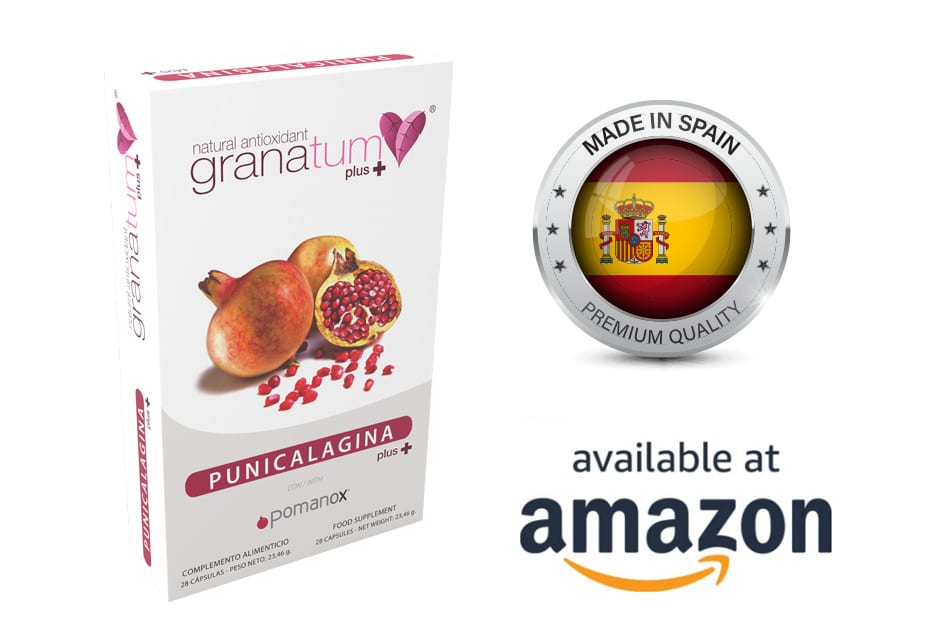
Natural AGEs inhibitors such as the pomegranate (Punica granatum) fruit show great potential for the management of these diseases.
RESEACH TITLE: Pomegranate phenolics inhibit formation of advanced glycation
COUNTRY: USA
CONDUCTED BY: Department of Chemistry, University of Rhode Island, Kingston, USA
PUBLISHED ON: Food & Function
RESEACH:
Advanced Glycation Endproducts (AGEs) are a heterogeneous group of molecules produced from non-enzymatic glycation. Accumulation of AGEs in vivo plays an important role in the pathology of chronic human diseases including type-2 diabetes and Alzheimer’s disease. Natural AGEs inhibitors such as the pomegranate (Punica granatum) fruit show great potential for the management of these diseases. Herein, we investigated the in vitro anti-glycation effects of a pomegranate fruit extract, its phenolic constituents [punicalagin, ellagic acid and gallic acid], and their in vivo derived colonic metabolites [urolithin A (UA) and urolithin B (UB)]. All of the samples showed anti-glycation activities and pomegranate fruit extract,punicalagin ,ellagic acid and were more potent inhibitors than the positive control, aminoguanidine. pomegranate fruit extract and the purified phenolics also exhibited carbonyl scavenger reactivity. Our study suggests that pomegranate may offer an attractive dietary strategy for the prevention and treatment of AGE-related diseases such as type-2 diabetes and Alzheimer’s disease.
YEAR: 2014
